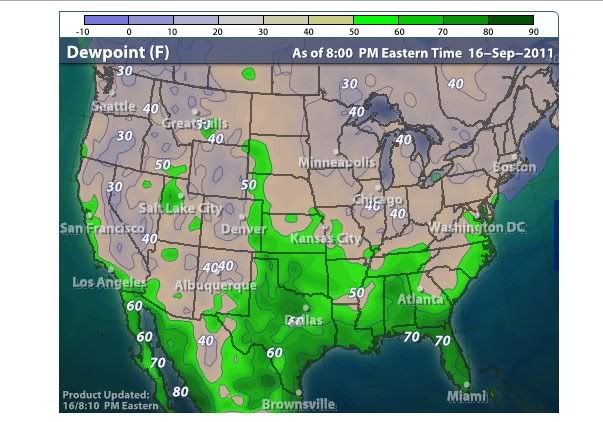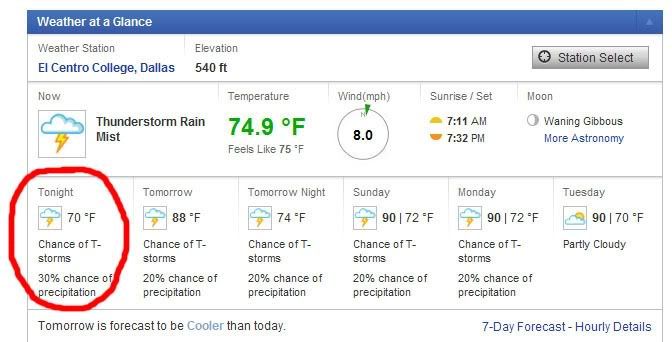Re: Winter storage: fuel tank full or empty??
A few points.
Modern car gas tanks aren't open vented anymore, so any comparison between an open vented boat tank and a car is not valid. Car gas tanks are actually pressurized, which is why you hear air escaping when you remove the fuel filler cap on your car. No direct vent to the outside air and no condensation.
Water can condense in an open vent gas tank. Airplanes see changes in altitude, true, but the altitude doesn't change in the hangar. Saying it only happens because of the changes in altitude is false. I have seen it from direct experience. The longer they sit the more water they have. Unlike ethanol blend fuel, aviation gas can't hold anywhere near as much water in suspension and the water separates out easily. The separated layer though is just water, not the ethanol-water mix. On my airplane, I try to store it with full tanks. On those occasion where the fuel supplier isn't open when I come back from a trip, I put it away with partially filled tanks. On those occasions there is almost always at least a little water in the fuel when I sump the tanks. When left full there is never any water. And yes, pilots are trained to check the fuel sumps for water before the first flight of the day and after every fuel fill.
Ethanol fuels will absorb some water up to the point where they separate. The key is to keep the ethanol fuel from absorbing enough water to separate. Hence one of the reasons cars don't have open vent tanks anymore. IMO, keeping the tank full is the best way to do this as there is less room for condensation, and there is more fuel to absorb more condensation if it does occur.
I have 4 snowmobiles in a trailer in my back yard right now. During the season I run 87 octane as that is what is specified for all my sleds. For storage, I fill them up with high octane fuel and add a fuel stabilizer. I run the engines enough to get the stabilized fuel throughout the system and then I fog the engines. I do shut off the fuel valve and drain the carbs though. I have one fuel injected sled and that one I just run it through the system and fog. No draining of the fuel system. I don't start them again until the following season. Never had a problem with condensation, or separated fuel or poor running from octane loss, and all I can get near me is ethanol blend fuel. Incidentally, this is the same procedure I use for my boat.
For my boat, as already stated, I fill the tank because a full tank has less room for condensation. Also, most fuel tanks you can't get all of the fuel out of anyway. There is always a little left behind. If that 1 or 2 cups of fuel in there is ethanol blend then it won't take much water to cause separation. Unlike non-ethanol fuel, the separated layer is not just water, but an ethanol-water mix that is somewhat caustic.
As I said, for me I fill the tanks and stabilize the fuel, run it long enough to get it through the system, and then drain the carbs if carb equipped.
Everyone needs to make their own decision as to what they want to do. I'm just stating my reasoning and what has worked for me.

























